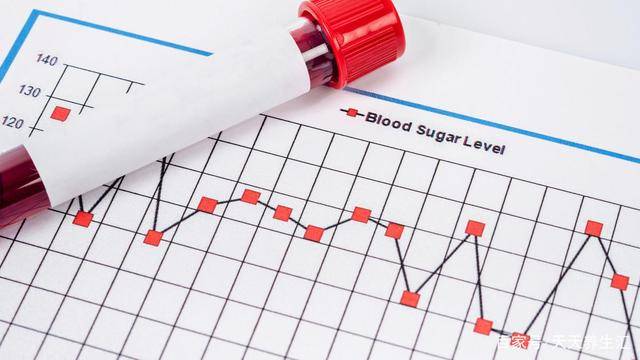Can eating too much rice lead to diabetes? Reminder: Blood sugar is controlled by this part, don’t scare yourself
There is a rumor that says: “Eating too much rice can also lead to diabetes.” Such articles can often be seen on the internet with very eye-catching titles. Some people only read the title without delving into the content and start spreading rumors, resulting in the rumor spreading widely. Today, we will analyze what’s really going on.
Let’s analyze the main components of rice
We know that rice is processed from rice grains and cooked to become rice. According to analysis, the starch content in rice ranges from 50% to 65%, with fresher rice having richer starch content, which of course depends on the variety. In addition, rice also contains various trace elements, vitamins, and a small amount of dietary fiber. In China’s traditional dietary habits, there has always been the saying of “southern rice, northern wheat,” which is the main source of energy in our daily lives.
Does eating too much rice cause diabetes?
This question is actually very simple. We just need to compare the main rice-eating people in the South, the main wheat-eating people in the North, and the meat-loving European and American regions. Is there an obvious regional distribution of diabetes patients? The answer is obviously no. In China, there is no obvious north-south difference in diabetes patients, and compared to foreign countries, there is also no obvious difference in diabetes. Therefore, “eating rice will cause diabetes” is a false proposition.
Why do people associate eating too much rice with diabetes?
I think it’s related to human blood sugar. We know that starch is a polysaccharide, which when ingested into the body can be broken down and converted into glucose. As glucose enters the bloodstream, it becomes blood sugar. Therefore, some people worry that consuming too much rice will raise blood sugar levels.
Diabetes diagnosis is based on the body’s blood sugar index, which is why some mistakenly believe that eating too much rice will lead to diabetes. In fact, this is incorrect.
Does eating too much rice definitely raise blood sugar levels?
After we eat, as glucose is gradually broken down, blood sugar levels will rise. Therefore, within 2 hours after a meal, blood sugar levels are the highest. However, elevated blood sugar does not necessarily mean it will exceed the normal range and lead to diabetes. Why is that? Because the human body has an organ that controls blood sugar levels, known as the pancreas.
When blood sugar levels rise continuously in the body, the pancreas secretes a large amount of insulin to prevent high blood sugar. The pancreas acts as a valve for controlling blood sugar levels: when the body’s blood sugar is low, it allows more glucose to enter the bloodstream to compensate for the deficiency; when blood sugar is too high, it closes the valve to prevent more glucose from entering the bloodstream. Therefore, as long as the pancreas function is normal, there’s generally no need to worry about blood sugar rising too high. With a functioning pancreas, even if you eat a lot of rice, blood sugar levels will remain in a dynamic balance, without becoming too high or too low.
Diabetes patients should control their rice intake
It should be noted that eating too much rice does not cause diabetes. However, for patients already diagnosed with diabetes, the function of the pancreas is impaired, and it cannot effectively control blood sugar levels. Consuming more high-sugar foods can lead to uncontrolled blood sugar levels. Therefore, it’s important to control the intake of sugary foods.
It’s worth noting that foods with the highest sugar content are primarily sweet foods. This is followed by various refined grains such as rice, noodles, steamed buns, biscuits, and more.
In contrast, some whole grains and vegetables also contain sugar, but they also have more fiber, making them more beneficial for blood sugar control. At the same time, avoid overeating.
In summary, for a healthy body, there’s no need to worry that eating too much rice will cause diabetes. What’s more important is to develop regular eating habits, sleep habits, avoid excessive fatigue, staying up late, smoking, drinking, and other unhealthy habits, protect the function of the pancreas, and improve the body’s control over blood sugar.
However, for those already diagnosed with high blood sugar or diabetes, it’s important to pay attention to diet control, have a balanced intake of calories, and when necessary, follow the advice of doctors, take medication on time, and undergo regular check-ups.


